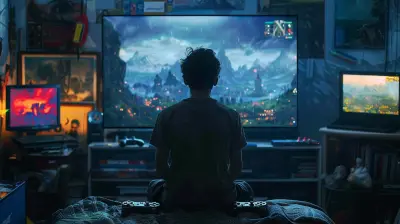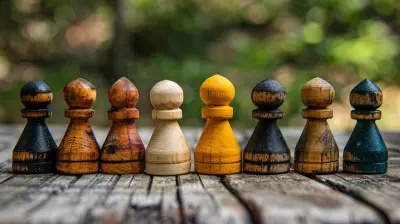Balancing Fun and Competitiveness in Seasonal Game Events
26 September 2025
Seasonal game events are like sprinkles on a cupcake—you’ve already got something sweet, and these events just crank up the flavor. They're some of the most anticipated moments in the gaming calendar, offering limited-time content, exclusive rewards, and themed challenges. But here’s the catch: when trying to please both casual players and competitive grinders, things can get messy.
Game devs have the tricky task of balancing fun and competitiveness during these events. And as players, we feel the tension too. Should we grind our souls out to snag that epic reward, or just chill and enjoy the event?
Let’s dive deep into the mechanics of making seasonal game events both fun and fair—without turning them into stress-inducing marathons.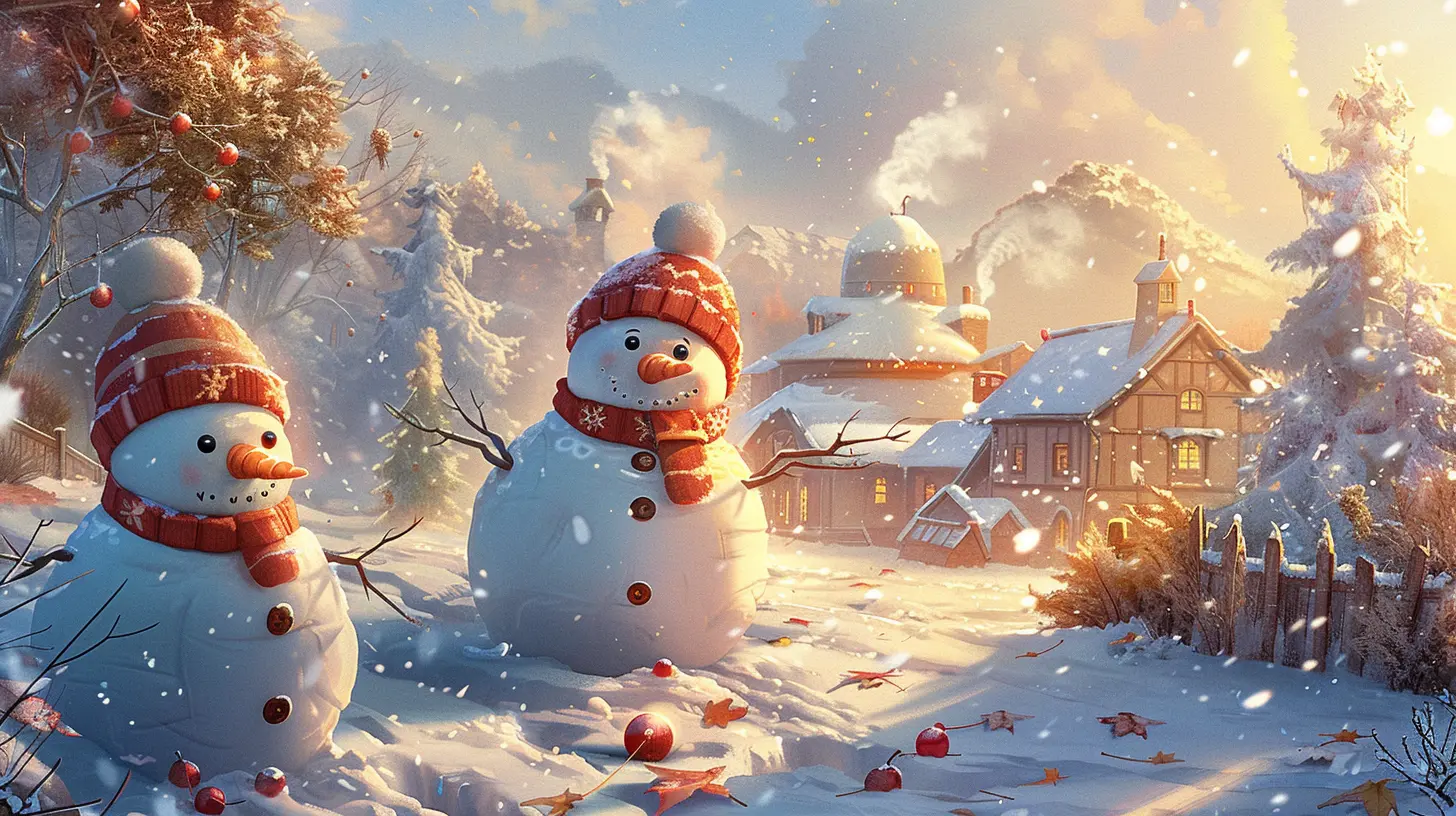
🎮 What Makes Seasonal Events So Addictive?
Have you noticed how your heart rate spikes when a seasonal event drops in your favorite game? That’s not just hype—it’s psychology. These events tap into our fear of missing out (FOMO), love for exclusive content, and the thrill of a fresh challenge.Here’s what makes them tick:
- Limited-Time Content: It’s now or never. Players don’t want to miss out on rare skins, weapons, or storylines.
- Holiday Themes: Halloween, Christmas, Lunar New Year—they make events feel special and festive.
- New Game Modes: These shake up the usual routine and keep gameplay fresh.
- Leaderboards and Competitive Tiers: For some, climbing the ranks is the whole point.
So yeah, it’s easy to see why seasonal events are such big deals in the gaming world. But are they always fun?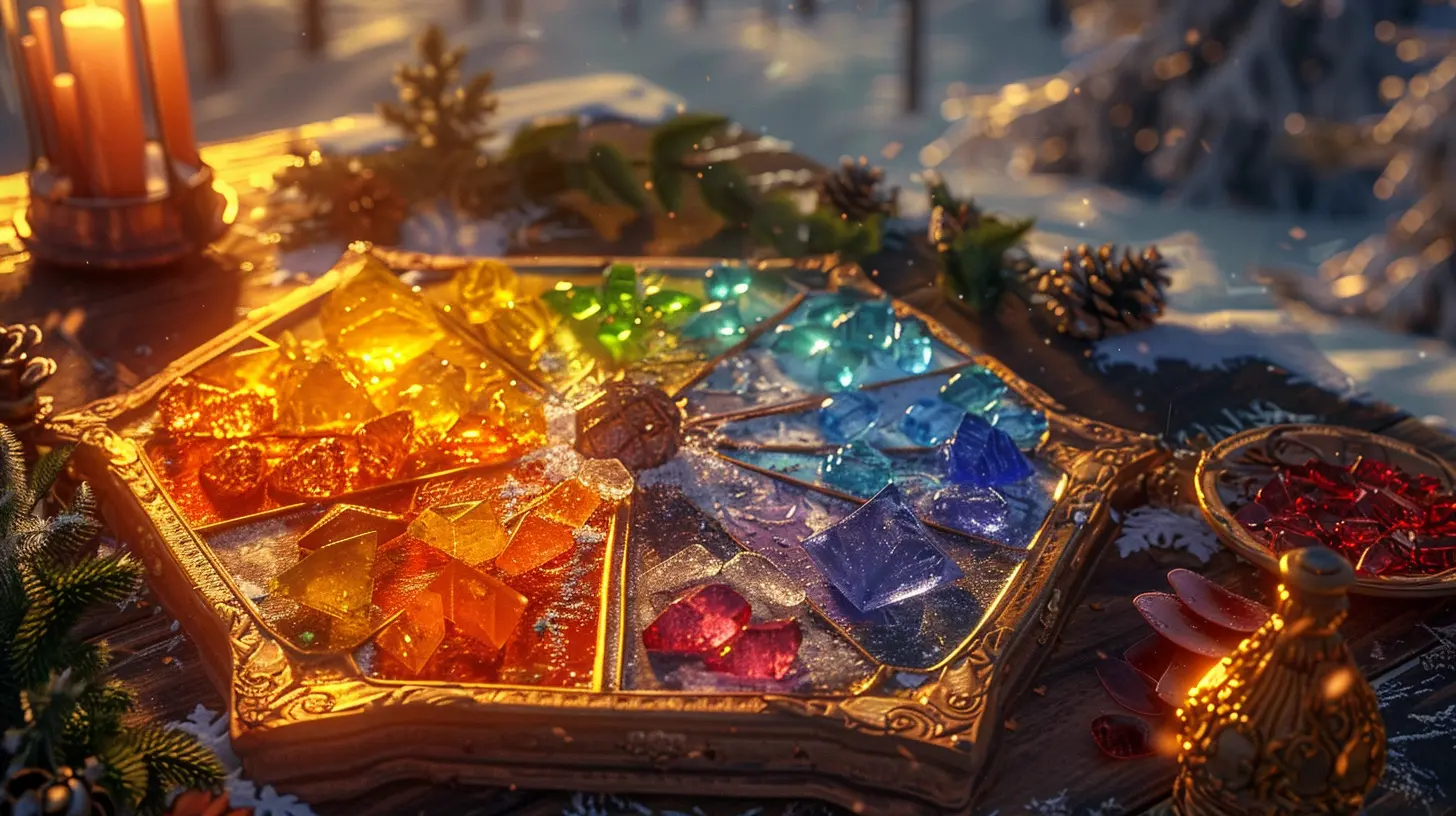
⚖️ The Struggle Is Real: Fun vs. Competitiveness
Imagine this: You log into your favorite game during a seasonal event. You’ve got maybe an hour after work to squeeze in some fun. But instead of feeling excited, you see a massive grind ahead of you. Suddenly, your casual gaming time feels like a chore.This is the core dilemma—how do we keep these events engaging without making them overwhelming?
Casual Players vs. Hardcore Grinders
One group wants a relaxed, festive time. The other wants leaderboards, sweat, and rewards that scream “I earned this.” And both are legit.So, how do developers find the middle ground?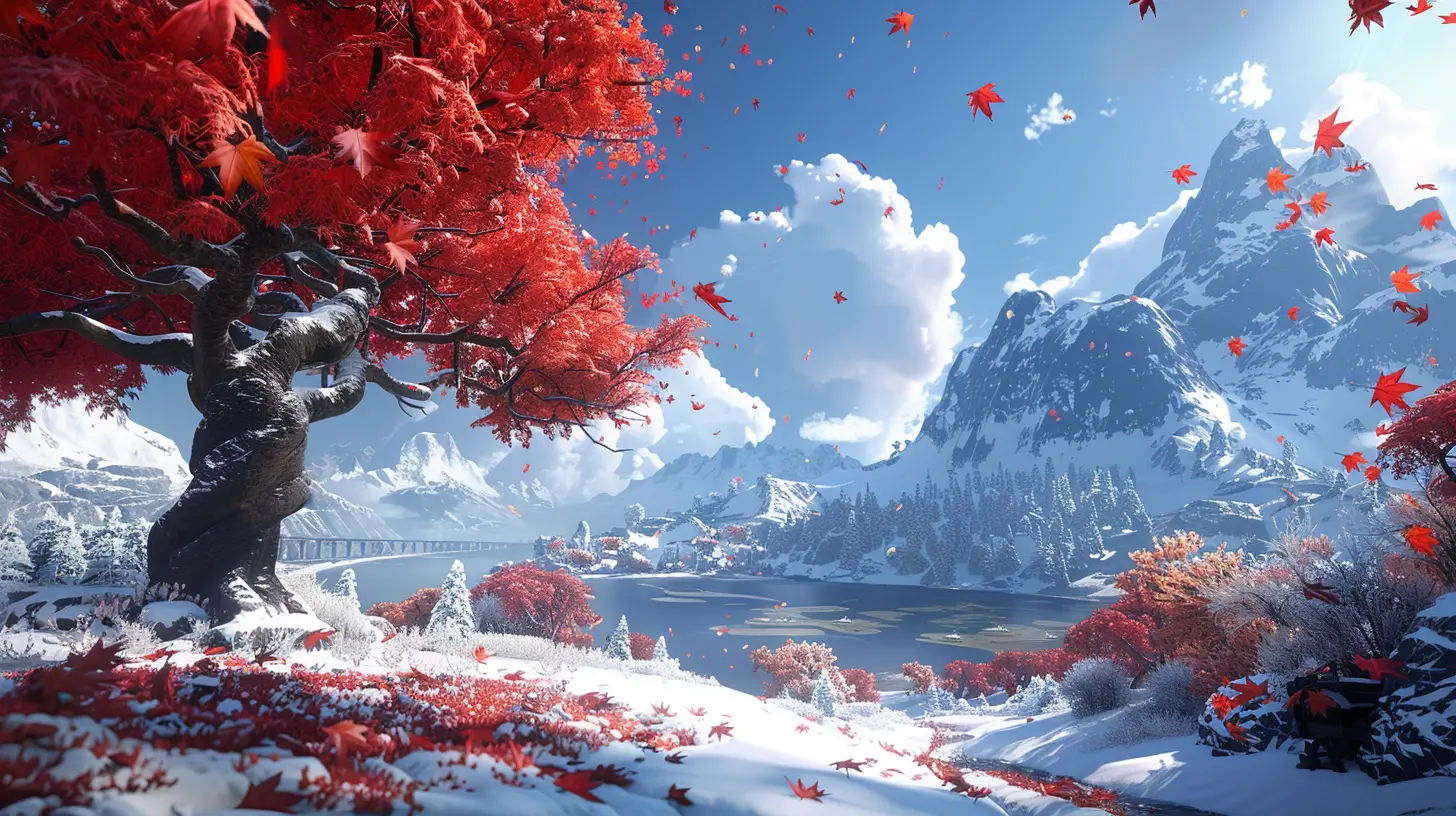
👊 Why Too Much Competition Can Suck the Fun Out
We’ve all seen games go too far. Maybe the rewards are only accessible after 100+ hours of grinding. Or perhaps the matchmaking is brutally unforgiving, turning the event into a bloodbath for casual players.A few ways over-competitiveness ruins the vibe:
- Burnout: Events should feel like a bonus, not a second job.
- Toxicity: High-stakes competition can breed bad behavior.
- Exclusion: New or casual players may feel like they don’t stand a chance.
No one wants to feel like they’re missing out just because they can’t grind 8 hours a day.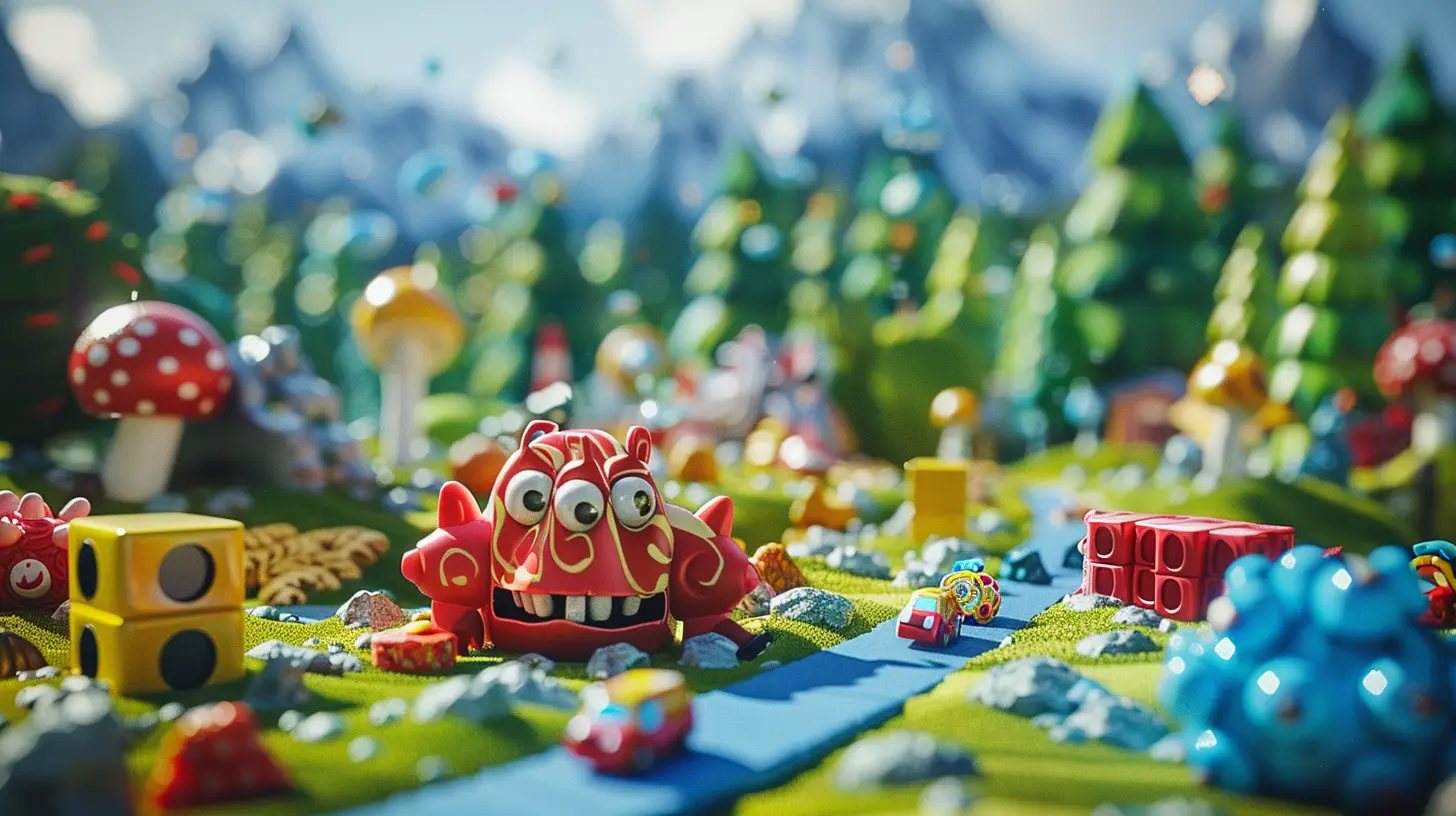
🏆 When Competition Works (And Why It’s Still Important)
Now, don’t get me wrong—competition isn’t the enemy. In fact, it’s what gives some players that adrenaline rush. It adds depth, longevity, and community engagement.Healthy competition:
- Creates bragging rights through limited titles or cosmetics.
- Encourages team play and strategy.
- Sparks community events like tournaments or speedruns.
The key? Making sure competition enhances the event—not defines it.
🛠 How Game Developers Can Balance Fun and Competitiveness
Alright, it’s not all doom and gloom. Plenty of devs have cracked the code—or at least gotten close. Here are some real strategies that make seasonal events a blast for everyone.1. Tiered Rewards Systems
Imagine spending an hour a day on an event and still walking away with cool stuff. That’s what a good tiered system does.- Casual Tiers: Easy to attain but still rewarding.
- Mid-Tiers: Require some effort but stay manageable.
- Top Tiers: For the elite grinders.
This way, no one leaves empty-handed, and hardcore players still have something to chase.
2. Matchmaking Based on Skill/Engagement
Whether it’s PvP combat or timed challenges, throwing newbies to the wolves is a recipe for rage-quitting.A smarter idea? Match players with others at similar levels or based on time invested.
It’s like letting everyone run their own race rather than getting trampled by sprinters.
3. Daily and Weekly Goals
Instead of overwhelming players with massive objectives, break them into bite-sized chunks.- Daily login bonuses.
- Small challenges that reset each day.
- Weekly milestones with bonus rewards.
These make the event feel more like a fun to-do list than a daunting grind.
4. Time-Gating (When Done Right)
Yes, nobody loves artificial delays. But done smartly, time-gating helps:- Avoid burnout.
- Encourage consistent engagement.
- Level the playing field.
The trick is balance—don’t make players wait days for progress, but also don’t let whales finish everything in two hours.
5. Solo and Team Options
Not everyone wants to drag random teammates into their seasonal adventures. Offering both solo-friendly and group-focused tasks gives players control.- Solo challenges: Great for introverts or off-hours gaming.
- Team missions: Build community and add strategy.
Win-win.
🌟 Examples of Games That Got It Right
Let’s shine a light on games that nailed the balance.Fortnite (Epic Games)
Fortnite’s seasonal events are a gold standard. You’ve got:- Daily and weekly challenges.
- Battle Pass rewards.
- Skill-based matchmaking.
- Casual LTM (Limited Time Modes) for fun.
It’s approachable but still gives competitive players something to grind.
Destiny 2 (Bungie)
Destiny 2 often hosts holiday-themed events like The Dawning or Festival of the Lost.- Optional grindy quests for cosmetics and buffs.
- Team or solo missions.
- Time-gated content to avoid burnout.
- Event-specific weapons and loot.
It feels rewarding without forcing players into a full-time job.
Overwatch (Blizzard)
Overwatch events like Junkenstein’s Revenge keep it simple:- Fun PVE modes.
- Event lootboxes with themed skins.
- Limited-time challenges with exclusive sprays and icons.
There’s competition, but it doesn’t overshadow the fun.
👥 The Role of Community Feedback
Why do some games get better with each season? They actually listen.Community feedback—via forums, Reddit, or Discord—can shape future events. Devs who communicate updates and admit missteps earn major respect.
Players want to feel heard. Even a simple dev blog explaining changes or tweaks can make a huge difference in keeping the vibe positive.
💬 Tips for Players: How to Keep It Fun
Now, if you're on the player side of things, here are a few pro tips to keep from burning out during events:1. Set Personal Goals: Not everyone has to chase top-tier rewards. Aim for what you know you’ll enjoy.
2. Play With Friends: Everything’s better with a squad—even a seasonal grind.
3. Don’t Compare Yourself: Seriously. Someone else got the legendary drop? Cool. Doesn’t make your loot less valuable.
4. Take Breaks: You’re allowed to skip a few challenges. We promise.
5. Focus on the Experience: Remember, it’s supposed to be fun—not a second job.
🧠 Final Thoughts: It’s All About the Balance
Balancing fun and competitiveness in seasonal game events is like baking a cake. Too much sweat, and it’s bitter. Too much sugar? It’s boring. But just the right mix? Chef’s kiss.Game devs need to craft events that invite all types of players—whether you're logging in after work for a quick match or pulling an all-nighter to reach Diamond rank. And as players, we need to remember that games are better when we’re not just chasing rewards—but also enjoying the ride.
So the next time a seasonal event drops, ask yourself: Am I having fun, or am I just grinding?
Hopefully, with smarter designs and feedback-driven changes, we’ll start seeing more events that hit that sweet spot.
all images in this post were generated using AI tools
Category:
In Game EventsAuthor:

Luke Baker
Discussion
rate this article
1 comments
Emmett Estes
Finding the sweet spot between fun and competitiveness in seasonal game events is crucial. Emphasizing enjoyable mechanics fosters community engagement, while strategic elements keep players invested. Striking this balance enhances overall player satisfaction and longevity.
October 5, 2025 at 2:23 PM

Luke Baker
Absolutely! Achieving a balance between fun and competitiveness is key to creating engaging seasonal events that foster community and keep players coming back. Your insights highlight the importance of enjoyable mechanics alongside strategic elements.
